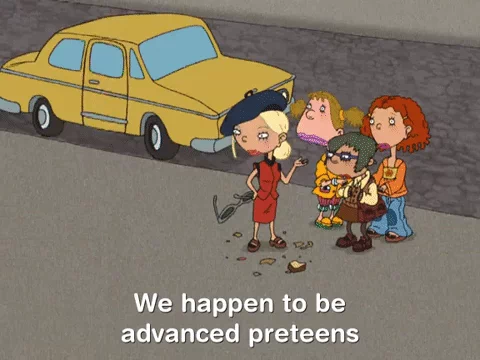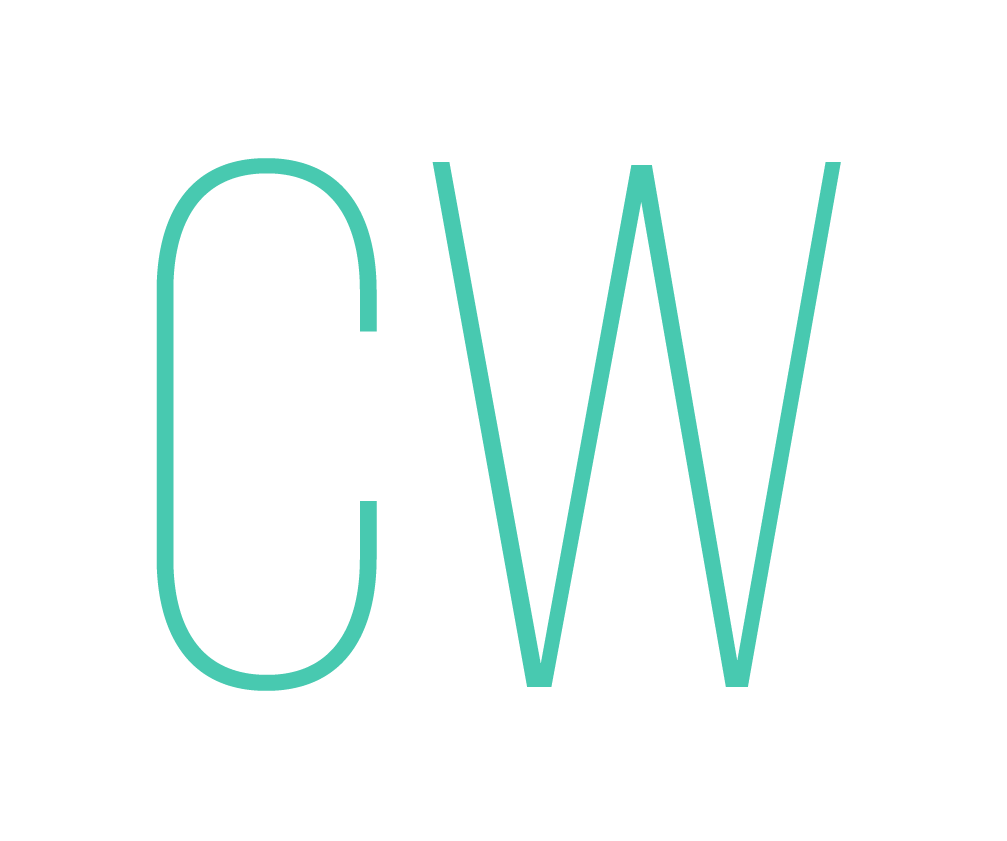TEEN MOMS by Ori Lenkinski

*originally published in Hebrew on the Parental Choreography blog on Haaretz
Earlier this year, my daughter was experiencing tension with one of her closest friends. It began subtly, with a small shift of energy here and there then translated to less invitations to come over. Eventually, there were rude comments being thrown around and unpleasant tones.
At first, my instinct was to chalk this up to the challenges of their age. Fifth grade is a rocky time socially for girls.
At the same time as the girls were drifting apart, I began to notice a change in tone between myself and the friend’s mother. Whereas once we would send funny messages to one another about the kids or update each other about our work and lives, the exchanges became increasingly transactional.
Things went from bad to worse between the kids and, after a particularly tear-filled evening, I reached out to the girl’s mother. A phone call went unanswered and I started to fly off the handle. I could feel my cheeks flush thinking about her screening my call and deciding not to call back. I found myself coming up with theories about what happened, stipulations that included extremely unlikely scenarios.
The following week, while trying to arrange that day’s pick up from dance class, the mother wrote “I hope nothing happened”. Butterflies rushed into my stomach. I spent half of a rehearsal mulling over how to respond; to play it cool, to be polite but mean, to lash out… I wrote back “something happened.”
She called.
It turned out that she had no idea our girls weren’t getting along. She said she’d look into it right away but, since we were talking, needed to share that she was deeply hurt by something I had done months before. She thought the time would arise to discuss it in person but the opportunity didn’t present itself so she held onto it, thinking it would subside with time. It didn’t.
She was frustrated and surprised that I didn’t ask why she had been short with me. I was convinced she was breaking off our friendship.
The conversation took a quick turn for the better once we acknowledged that the issue wasn’t a lack of care rather a lack of communication. I immediately felt an enormous weight lift.
We were, we both realized, acting like fifth graders. Or maybe the fifth graders were picking up on our cues and acting like us?
We often ascribe our kids’ behaviors to their developmental stage, to the moods, hormones, social norms and patterns their young brains are coping with. “Kids are brutal,” we throw around each time the class WhatsApp thread goes haywire. “Wouldn’t want to go back to that age,” I shrug to myself, remembering the minefield of preteen friendships.
This experience made me realize that age doesn’t erase social difficulty. Maybe those micro-inflections that once sent me spiraling, wondering if a classmate didn’t like me anymore, still exist, just in slightly more nuanced tones.
As adults, most of us don’t spend our days in close proximity to our best friends. We don’t sit in desks next to one another or eat meals together on a daily basis. Our lives do not include the same milestones such as tests and birthday parties and the difference in our routines makes it easier to smooth over rifts or forget about them altogether. But friendship is a learned practice and often, I have come to realize, our kids look to us to figure out how to keep connections intact. Perhaps, like posture, our friendships are mirrored by our children and attributing all their difficulties to their young age is equal to letting ourselves off the hook.
Maybe, supporting our kids through the challenges of childhood friendships should be a cue to check in on our own social practices and see if there is room for improvement.
